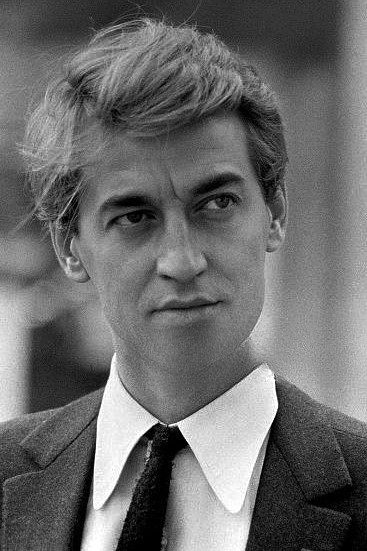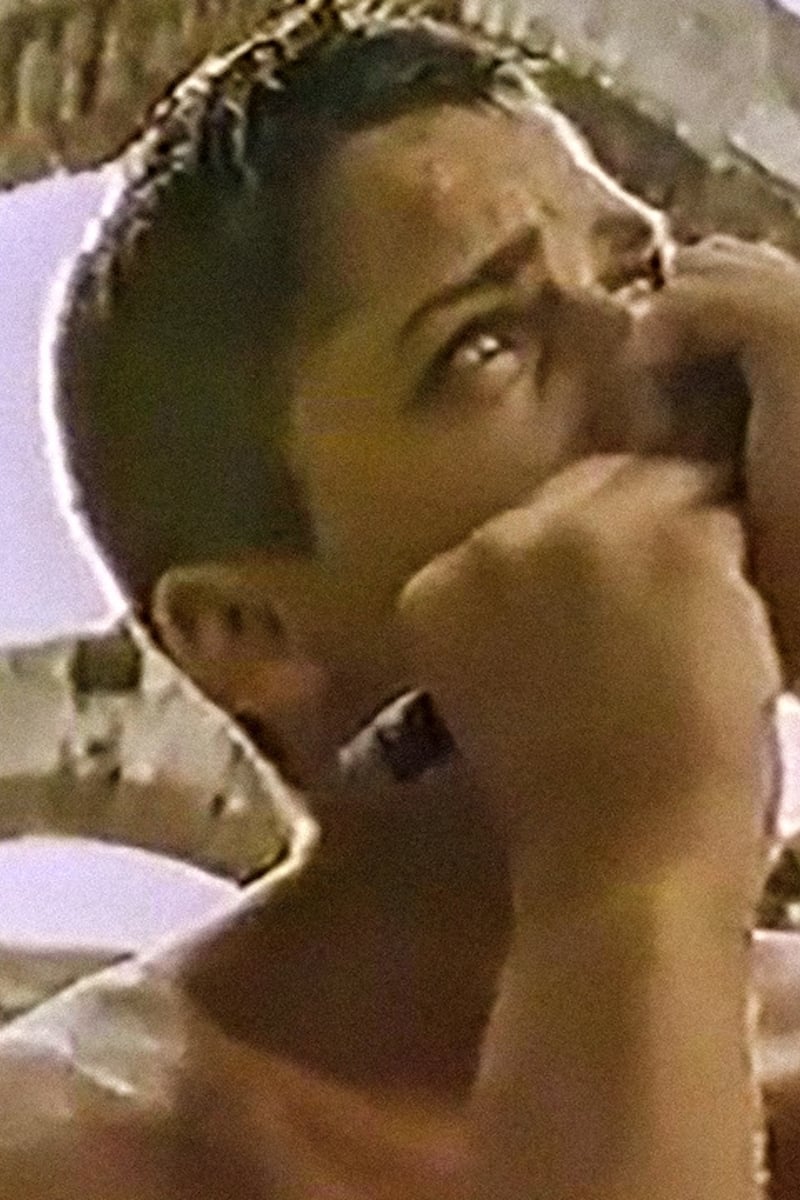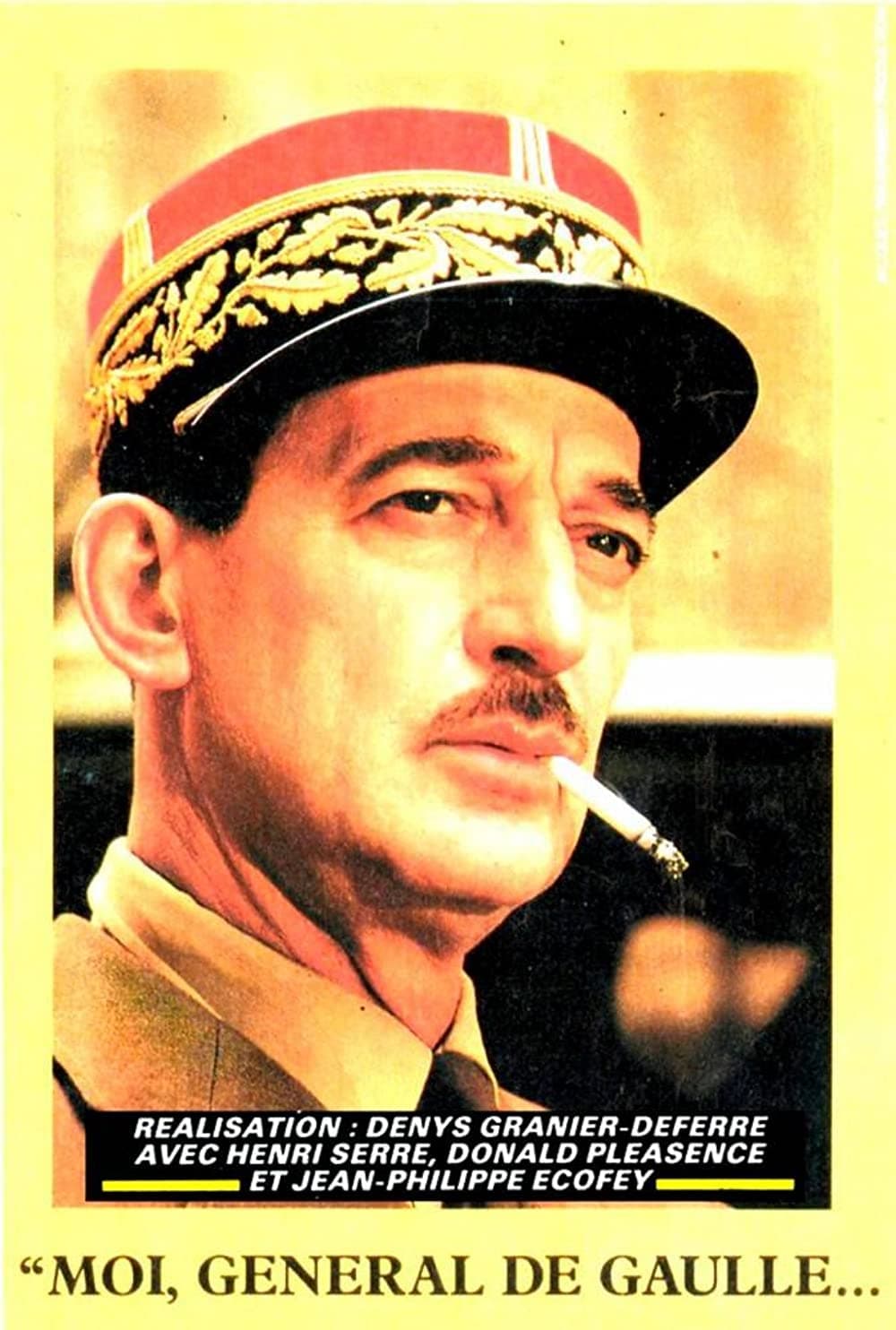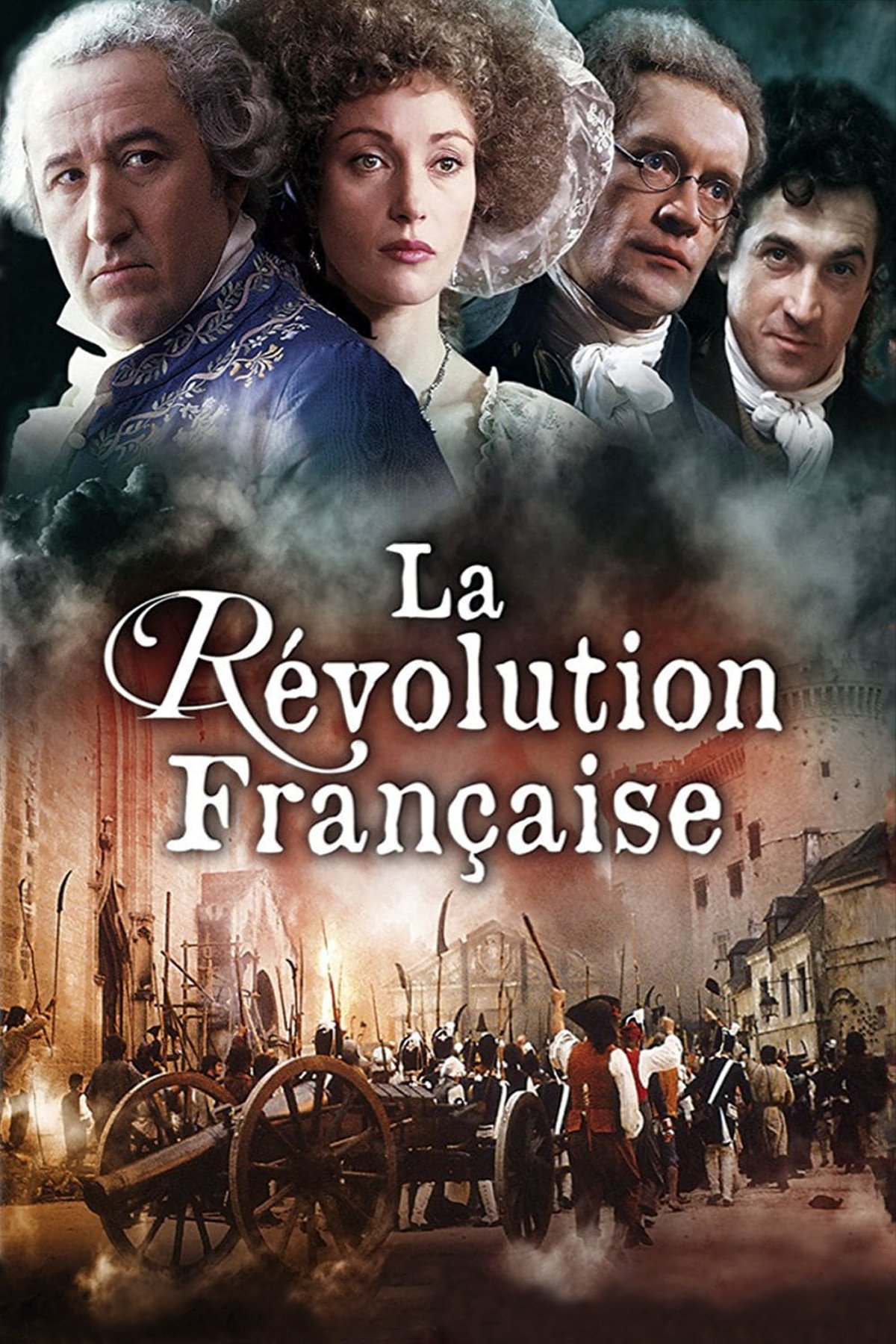
It all begins when Lucien Lachenay (André Dussollier), famous builder of the moving sidewalk for the 1900 Universal Exhibition, saves the life of the beautiful Alice Avellano (Kristin Scott Thomas), whom her husband, who has gone mad, was trying to strangle. Lucien Lachenay is himself threatened by a group of anarchists who have instructed a young worker, Alphonse (Benno Fürmann), to suppress him. Alphonse messes up the job, but Lucien, impressed by his inexhaustible energy and thirst for knowledge, agrees to be his mentor instead of handing him over to the police. In the years that follow, Lucien, Alphonse, Alice and the young and attractive Laure (Isabelle Carré) will face the game of rivalry, betrayal and reconciliation.

On a deserted island, an old caretaker with a waning memory wanders among the ruins of a former children’s prison, which was destroyed by a mutiny and a fire a long time ago.

The first fiction film about de Gaulle. At the origin of the adventure, there is a script commissioned in 1942 from William Faulkner. It lacked the end of the story, and the view of the French of today. The destinies of the great and the small intersect, without meeting. Epics live on dreams as much as on reality.
Jeanne is a woman who is driven by her very active conscience. She attempts to assuage her idealistic bent by trying out life as a nun, but this doesn't work out. After she leaves the convent, she takes a job at a factory, where the callousness of management spurs her to become a labor activist. Her efforts are marked by great persistence and fervor, but she lacks any kind of diplomacy or persuasiveness, and as the years progress, she manages to alienate everyone in her life. By the end of the film, there is only one way that she can see to resolve the horrible situation she finds herself in.

A history of the French Revolution beginning from the decision of the king to convene the Etats-Generaux in 1789 in order to deal with France's debt problem. Part one spans the event until August 10, 1792 (when the King Louis XVI lost all authority and was imprisoned). Part two carries the story through the end of the terror in 1794.
In a specialized, hermetic drama about love won and lost, not necessarily by the same individuals, novice director Christine Laurent has focused on the backstage melodramas of an opera company. The conductor for an upcoming performance of the Marriage of Figaro has his mind and heart on other matters -- an entrancing diva who keeps him enraptured with her presence and voice. In the meantime, he finds fault with his cast members who cannot, of course, measure up to the woman of his dreams. As singers encounter one problem or another, it is clear that something has to be done about the conductor. Director Laurent designed costumes for both theater and opera, giving her some insight into the venue.
By browsing this website, you accept our cookies policy.